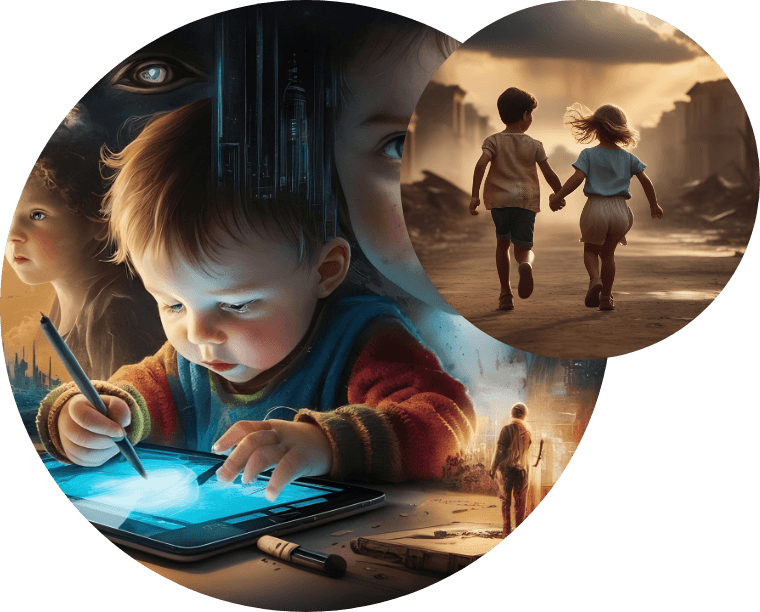Early Childhood and the Future of Humanity

Early childhood experiences lay the groundwork for humanity’s future, yet millions of children face challenges that hinder their potential.
Early childhood experiences have a profound impact on individuals and societies. Positive early childhood development lays the foundation for cognitive, social, and emotional well-being, influencing future learning, health, and productivity. Conversely, adverse childhood experiences can have lasting negative impacts on brain development, mental health, and overall well-being.
Childhood trauma deeply affects mental health in adulthood, often leading to disorders like depression and anxiety. Trauma changes brain development and increases the risk of chronic diseases. Addressing childhood adversity early can prevent long-term consequences.
This research cluster explores the profound and enduring impact of early childhood on the future of humanity. Drawing on interdisciplinary fields such as developmental psychology, neuroscience, education, public health, sociology, and ethics, the cluster examines how experiences in the earliest stages of life influence individuals and societies across generations.
Scientific evidence increasingly demonstrates that the early years—from prenatal development through age eight—constitute a critical period for the development of cognitive, emotional, social, and moral skills. During this time, foundational capacities are formed, including language acquisition, emotional regulation, empathy, executive function, and ethical reasoning. These early capabilities not only determine individual trajectories in education, employment, and well-being but also play a pivotal role in shaping collective futures in terms of social cohesion, innovation potential, civic engagement, and global sustainability.
The research cluster is premised on the understanding that investments in early childhood are not merely a matter of individual benefit or social equity, but of existential importance to the human species. Children raised in nurturing, stimulating, and equitable environments are more likely to become adults who possess the resilience, creativity, and ethical orientation necessary to address the complex challenges facing humanity, including climate change, technological disruption, geopolitical instability, and growing inequality.
The cluster aims to advance knowledge on multiple fronts:
1. Identifying the conditions that most strongly influence optimal child development
2. Assessing the long-term societal consequences of disparities in early childhood care and education
3. Evaluating policy and intervention models with the potential to transform early life environments at scale
4. Engaging with philosophical and ethical questions surrounding our responsibilities to future generations
By reframing early childhood not simply as a stage of individual development, but as a decisive domain for shaping the moral, intellectual, and civic foundations of our species, this cluster seeks to generate insights that inform both local action and global strategy. It ultimately calls for a radical revaluation of early childhood as a frontier for planetary stewardship and human flourishing.
Apply to Join this cluster
Lorem ipsum dolor sit amet, consectetur adipiscing elit. Ut elit tellus, luctus nec ullamcorper mattis, pulvinar dapibus leo
